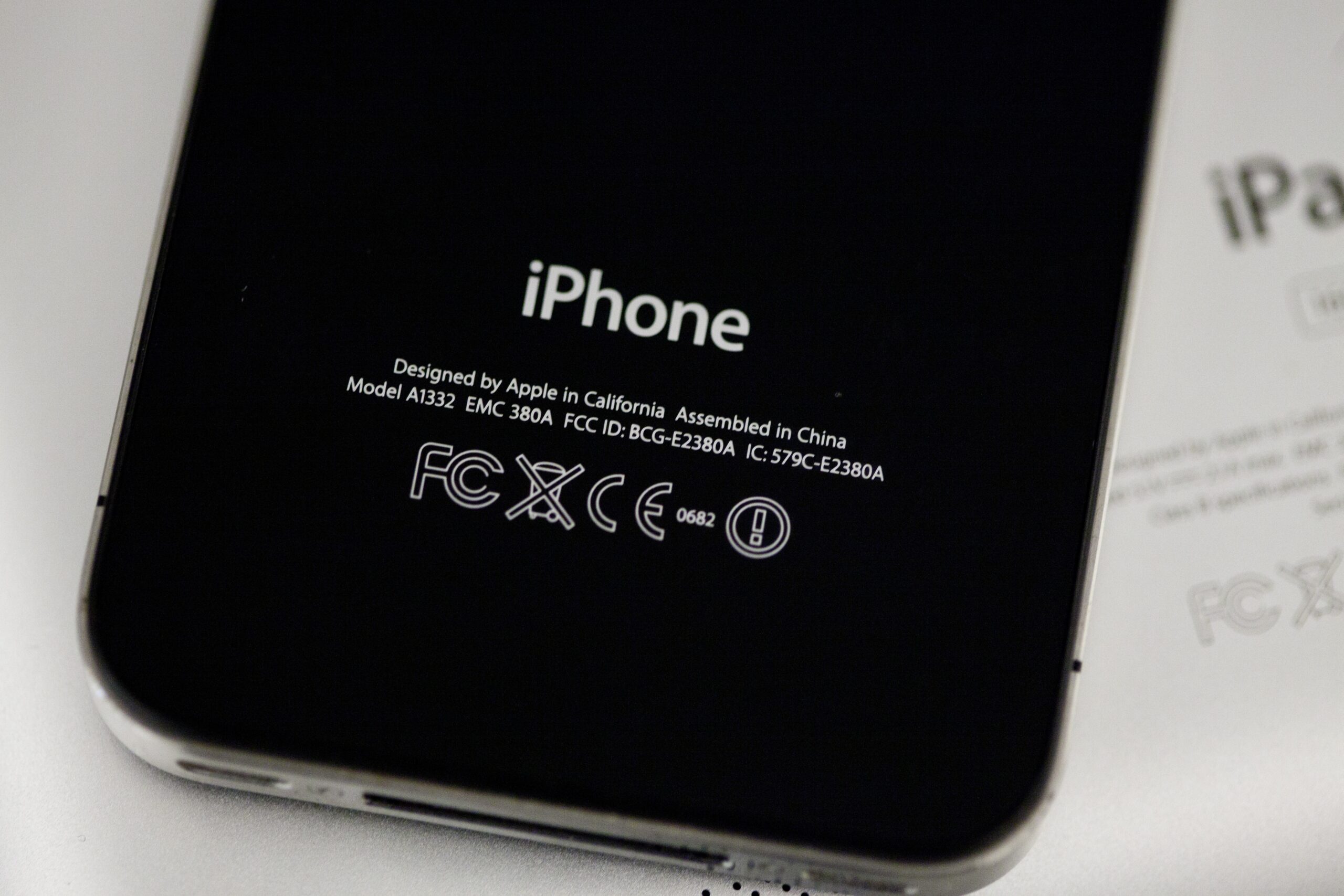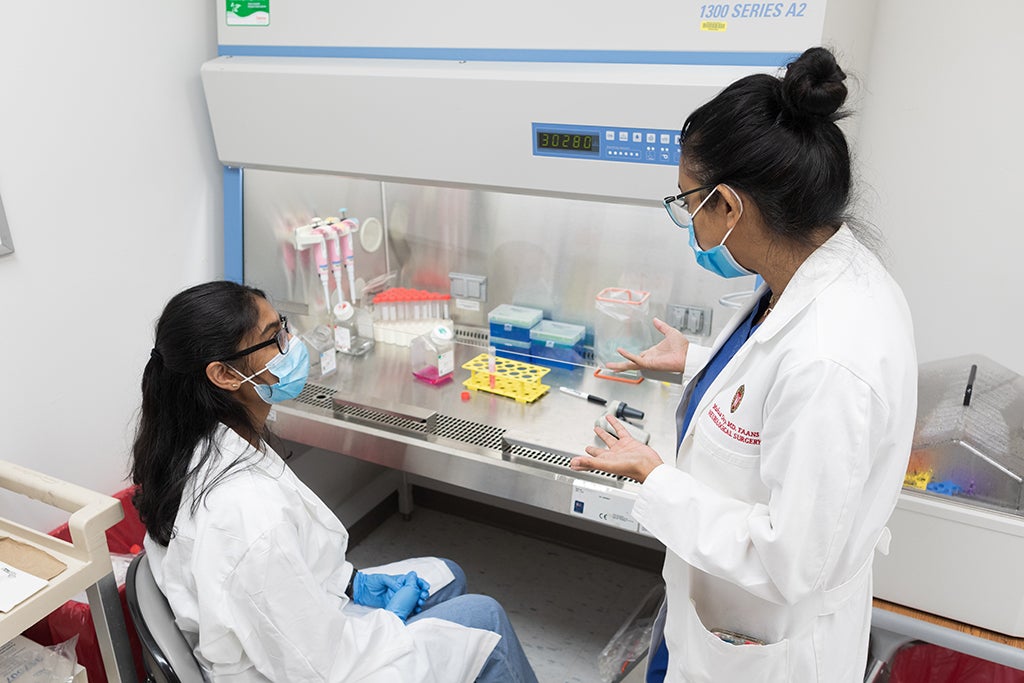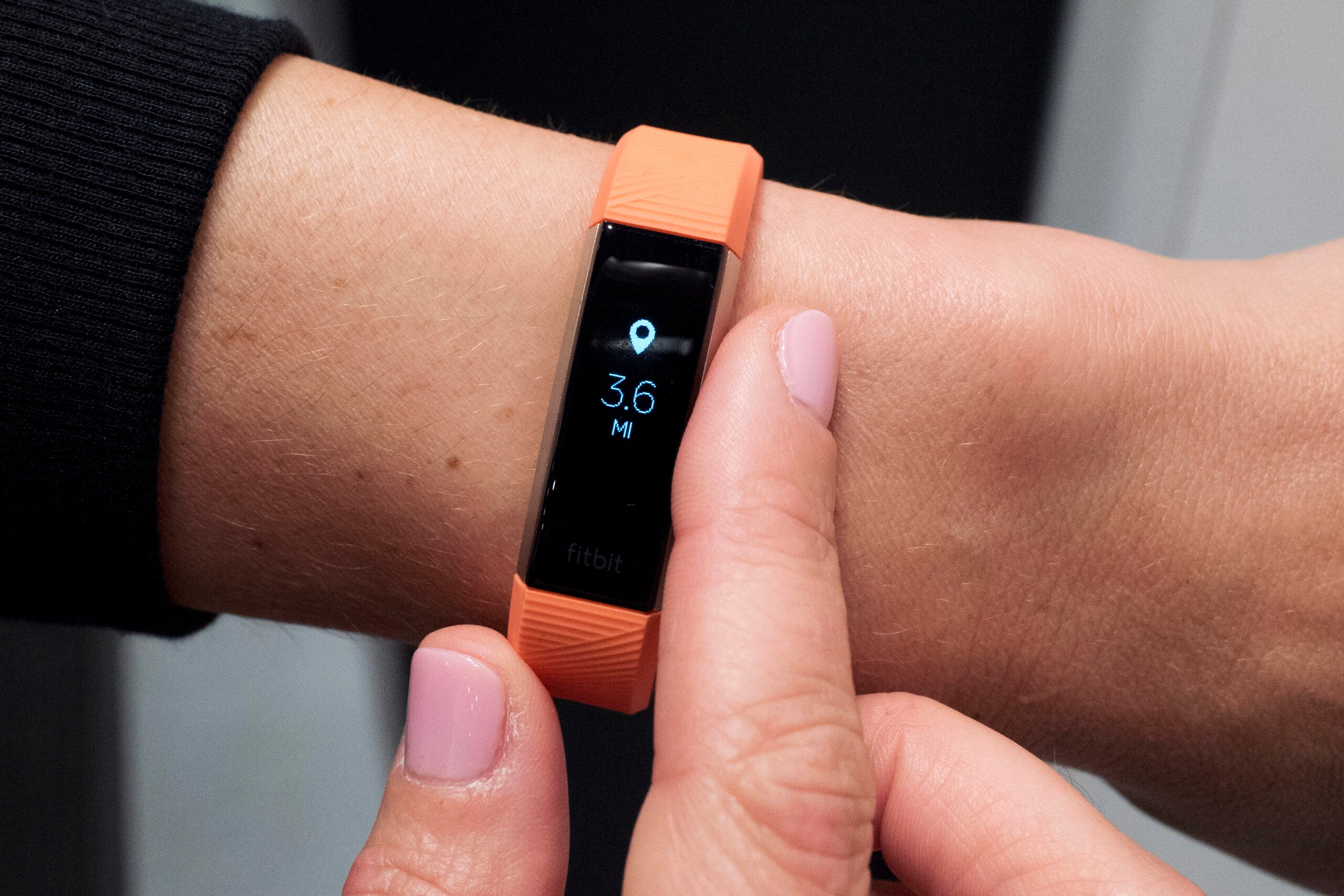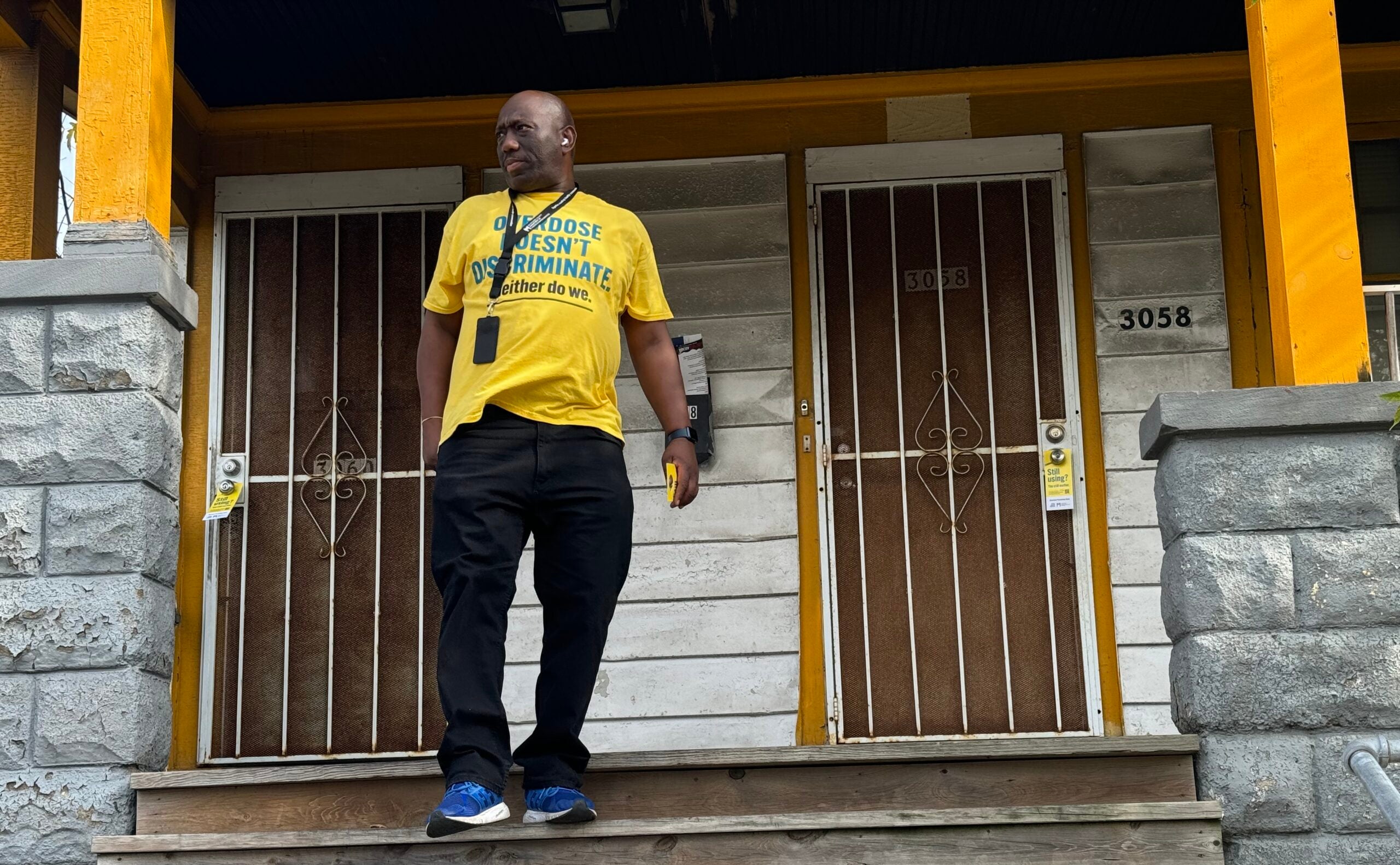University of Wisconsin-Madison researchers have come up with a smart phone app for addicts that’s getting recognition from Harvard’s Innovation in American Government competition.
The phone app, called A-CHESS, is designed to keep people on track with their recovery after leaving inpatient or intensive outpatient treatment.
The app includes an online forum where those addicted to drugs or alcohol can correspond, a panic button to alert family in weak moments and a GPS locator.
News with a little more humanity
WPR’s “Wisconsin Today” newsletter keeps you connected to the state you love without feeling overwhelmed. No paywall. No agenda. No corporate filter.
The UW-Madison team that created the app was led by David Gustafson, a professor at the UW-Madison College of Engineering’s Center for Health Enhancement Systems Studies.
Gustafson said the app, which has made it to the competition’s final round, helps people stay away from places where they are likely to drink or use drugs.
“If you go there and don’t leave within five minutes, there will be a ring and a note will come up on the phone, it will say, ‘Are you sure you want to be here?’” Gustafson explained. “After 15 minutes, the system will call again if you haven’t left.”
About 5,300 people have used or are using the app.
Randomized clinical trials showed those using the app are 65 percent more likely to remain sober after leaving a formal treatment program than if they did not use the app. It’s not intended for someone trying to cope on their own with a drug or alcohol problem.
“The system has not been tested in a situation where we just give the phone to somebody and say, ‘Go for it,’” Gustafson said. “On the other hand, there have been very limited uses of it in that way. We gave it to some who said, ‘I really need help, can I have access?’ but ordinarily one would need to go through their treatment provider to get it.”
Each recovering addict develops a personalized rescue plan to get them out of tempting situations.
“One guy had an audio recording of his daughter saying, ‘Please don’t do that, come home,’” Gustafson said. “Another person had a video of himself talking about why he wanted to avoid drugs. So something will come up on the phone — what it is, is designed by the patient.”
If the person still doesn’t leave, the phone app sends out a message to friends and family.
The GPS isn’t only for the addict, it’s also used by addiction counselors who want to check whether patients are following their recovery advice.
“A common recommendation is to attend a 12-step group. Well, such groups are located in specific locations and we use GPS to determine when a person goes to that location and stays there,” Gustafson said. “So we could tell the treatment provider that it appears (the patient) has attended (the 12-step group) 5 times in the last two weeks.”
The team of researchers is conducting randomized trials on a way to predict who is likely to relapse. One predictor is language — Gustafson said they’ve analyzed what people say in online discussion groups.
“A pretty darn good predictor of whether a person is going to relapse is the number of (profane) words they use,” he said. “If the number of swear words they use increase over time rather than stay constant , then you can be worried this person is getting frustrated and is likely to relapse.”
The winner of Harvard’s competition will be announced in June.
Wisconsin Public Radio, © Copyright 2026, Board of Regents of the University of Wisconsin System and Wisconsin Educational Communications Board.





